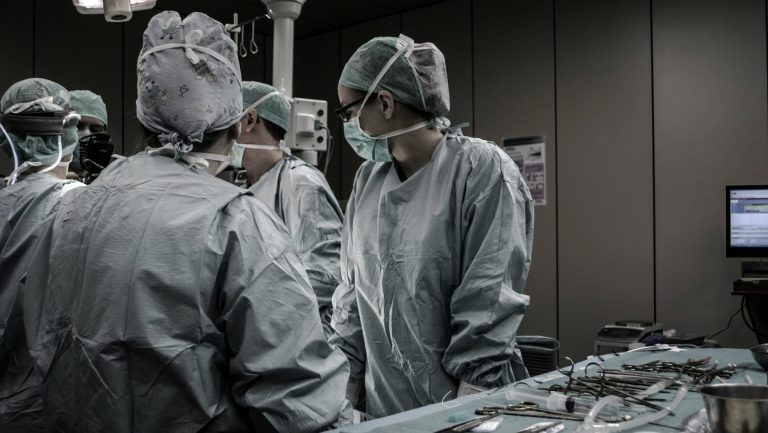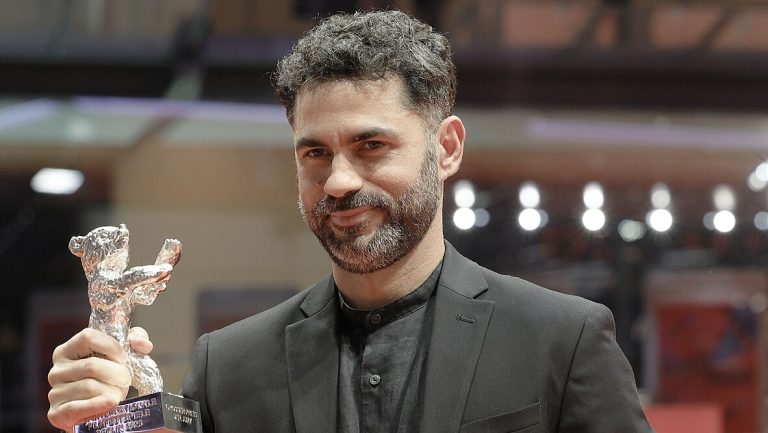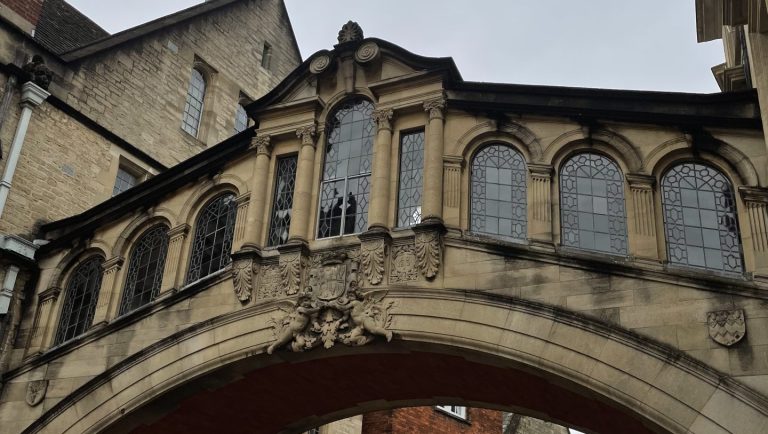CW: sexual assault
Oxford University has published a new webpage setting out its “approach to preventing and responding to harassment and sexual misconduct”. The page brings together policies and guidance on harassment and sexual misconduct, and highlights changes to key disciplinary policies which will come into effect this month.
A University spokesperson told Cherwell that its “comprehensive online resource” was published to meet new requirements from the Office for Students (OfS), the higher education regulator, which stipulate that universities “maintain a single comprehensive source of information” on policy relating to sexual harassment from 1st August.
Several key harassment and sexual misconduct policies were recently altered as part of a wider package of changes to Statute XI, which concerns University discipline. The new webpage presents Statute XI as a key source of guidance and also explains the procedure for addressing reports of harassment or sexual misconduct.
The guidance prohibits “intimate relationships” between staff and students where the member of staff has responsibility for the student. If a member of staff develops any other “close personal relationship” with a student for whom they have responsibility, they are required to declare it to their Head of Department or Chair of Faculty.
The page also advertises support services available to students reporting harassment and sexual misconduct and to the subjects of those reports. These include the University’s Sexual Harassment and Violence Support Service, its Harassment Advisor Network, the University Counselling Service, and services offered by the SU and colleges.
One significant change to the procedure concerns police involvement. The University spokesperson told Cherwell: “The changes, which come into effect on 1 September 2025, will allow the University to investigate more cases of serious misconduct (for example sexual violence) without complaints having to be made to the police first, and to align itself with new regulatory requirements, good practice guidance for the sector, and principles of trauma informed practice.”
Statute XI
Changes to Statute XI have been met with criticism during the last two academic years. The changes were originally intended to be voted through by Congregation, the University’s governing body, in June 2024. However, they were withdrawn after over 30 academics backed a resolution to form a working group to revise the proposals, following the circulation of a statement which highlighted “illiberal” and “alarming” clauses.
In particular, the statement’s authors expressed concern about a clause which introduced the power to ban students from University premises for up to 21 days. The amended Statute XI calls this a “precautionary measure”, to be used if there are “reasonable grounds” to believe that an individual “is likely or threatens to cause damage to property or harm to other users”. Last term, the authors told Cherwell that several clauses could still have a “chilling effect” on freedom of expression.
Answering concerns around freedom of speech, the University spokesperson told Cherwell: “The changes are not intended to create any fresh powers for the discipline of students relating to lawful protest. The University is subject to UK law in all its activities, including laws related to free speech, freedom of expression, and protest, as well as the University’s own policy on free speech”.
A working group was formed to revise the proposed changes to Statute XI, first meeting in November 2024. During this process, there were opportunities for student feedback. A spokesperson for the Oxford University Student Union (SU) told Cherwell: “The SU ran an extensive student consultation throughout the academic year on the amendments to the disciplinary code (Statute XI), offering students the opportunity to provide feedback both through an online form and at an in-person forum. Throughout the year, the former Vice President for Postgraduates sat on the University’s working group for the Statute XI amendments to ensure that student voices were represented in the amendment process.”
However, the SU’s submission to the Statute XI Working Group noted that the tight window they were given to collect student feedback limited “opportunities for engagement”. The 2024-25 winter vacation took up a significant portion of the SU’s window to facilitate student input, with only 61 responses submitted. Concerns expressed in the earlier statement were repeated, whilst some students questioned the relevance of the proposed changes to issues of harassment and sexual misconduct.
One student wrote in their consultation submission: “If the University wishes to regain the confidence of its student body it must show that it is willing to cooperate, actively engage with, and elevate student concerns.”
The SU spokesperson told Cherwell: “We remain committed to ensuring that students’ experiences and feedback continue to help shape University policy.”











